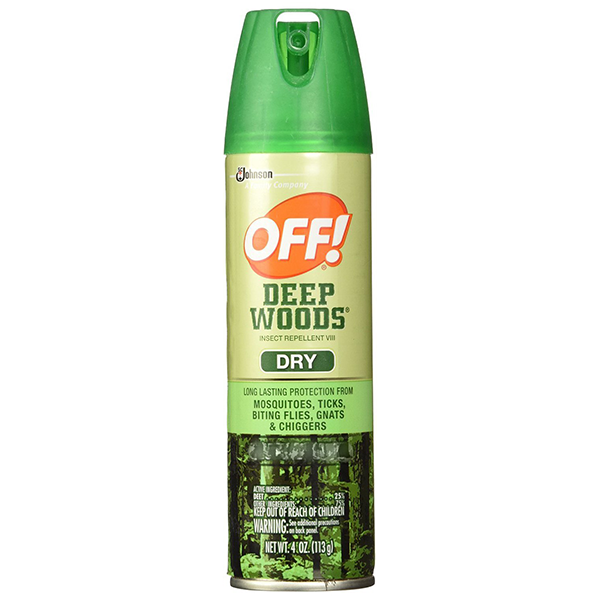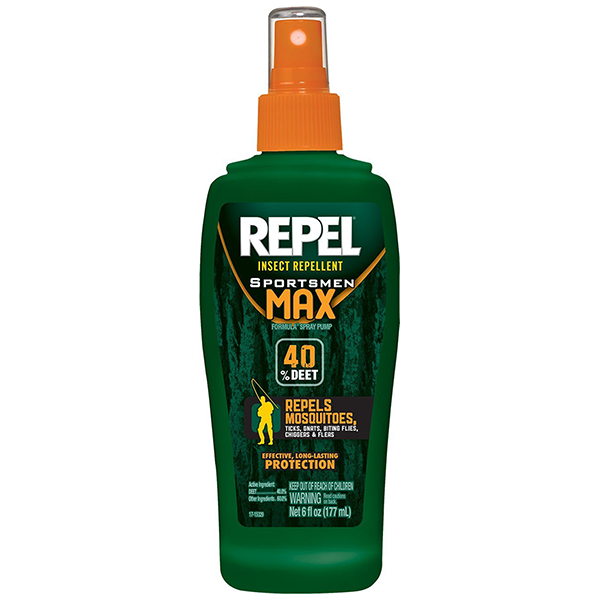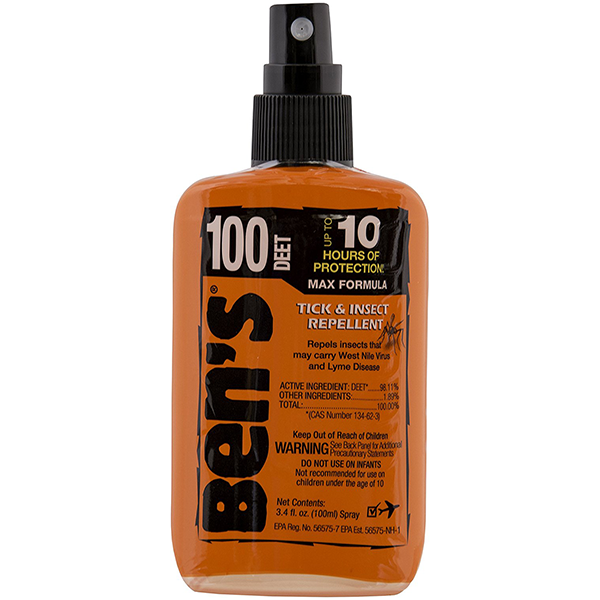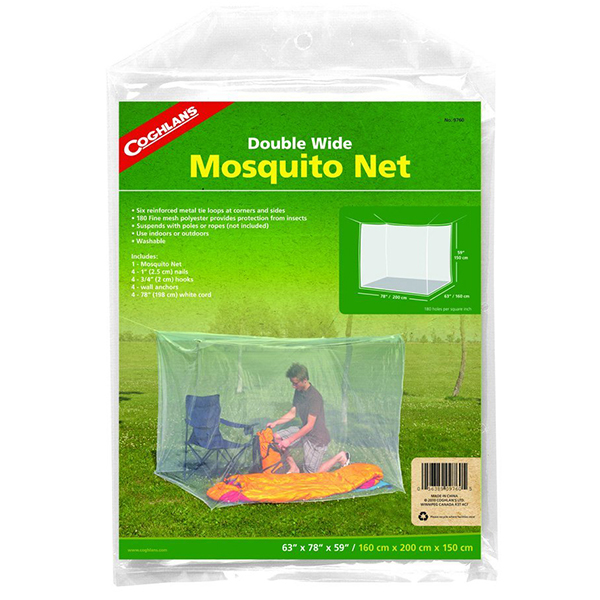1. Your rights as a member of Kanar Gaming Enterprises.
You have the right to file a complaint with the assurance that all identifying information will remain confidential and only be shared with the investigating staff.
You have the right to contact your local law enforcement agencies if you feel your complaint involves breaking mundane law.
You have the right to request that the Board of Directors conduct a Judicial Review Board.
You have the right to submit a complaint without retaliation.
2. Speak with the involved party(ies) directly about the issue.
Please try speaking with them directly first, Many issues are resolvable with direct, clear communication. Please keep in mind communication tools such as ‘I Statements’ and that the other person is most likely doing their best and did not intend to cause an incident.
If you are unable or unwilling to speak with the other person directly, please proceed to step three.
3. Contact the relevant staff about a fellow member.
If attempting contact during an event, please seek out a member of the relevant department or board of directors member and report the incident for them to handle.
If contacting not during an event, please send an email with as many details as possible.
Allow at least five business days for a response regarding your complain., If you have not heard back in any capacity, it is acceptable to send a follow-up email requesting a status update.
Find a list of current staff members at www.kanar.club/staff and reference the above chart for how to escalate a complaint up the chain of command if desired.
4. Contacting the department head about a staff member acting in their position.
If the complaint is against a staff member regarding their actions while performing their duties, please contact their direct manager.
If attempting contact during an event, please seek out a member of the relevant department or board of directors and report the incident for them to handle.
If contacting not during an event, please send an email with as many details as possible.
Allow at least five business days for a response regarding your complaint, after which if you have not heard back in any capacity it is acceptable to send a follow-up email requesting a status update.
5.Complaint against a staff member who is not currently acting within the scope of their responsibilities.
If the complaint is against a member of staff who is not performing their assigned responsibilities as staff, please contact the department that handles whatever the issue may have been and inform their direct manager of the incident if warranted.
If attempting contact during an event, please seek out a member of the relevant department and report the incident for them to handle.
If contacting not during an event please send an email with as many details as you can to the appropriate department and CC their manager.
Please allow at least five business days for a response regarding your complaint, after which if you have not heard back in any capacity it is acceptable to send a follow-up email requesting a status update.
6. Are you satisfied with the result?
If you feel the complaint was not dealt with appropriately, you can escalate the complaint to the next level of management.
Please reference the above organizational chart for who is the next level of management.
7. Contacting the BOD
If you have attempted to resolve the issue with the lower levels of staff and their department heads but feel it was not handled appropriately, you can escalate to the Board of Directors.
You may submit a Complaint or a Judicial Review Board, both of which will be detailed below, along with their definitions and instructions for submitting one.
8. Submitting a Complaint
Should a Member feel that a specific incident or behavior has negatively impacted their experience, they are encouraged to file a formal complaint. For a complaint to be actionable, it must be submitted in a valid written form and contain specific details regarding the grievance.
Form Submission (Preferred)
Members are encouraged to use the digital form to ensure their complaint is routed to the appropriate department and the form has built-in reminders for staff to help ensure your complaint is not forgotten or lost.
Official KGE / Kanar Complaint Form
Email Submission
If you prefer to submit via email, please use the format below
Subject: Formal Complaint - [Your Name]
Body: I would like it to be known that I have a complaint about [Insert Name/Event/Incident] and it has affected my game play and/or club membership in the following way: [Explain the impact here]. I am seeking a resolution regarding [Optional: Mention desired outcome].
9. Submitting a Judicial Review Board (JRB)
What is a JRB?
A Judicial Review Board is when the Board of Directors reviews someone for something.
When is it appropriate to file a JRB?
JRB’s are a serious matter that takes a lot of time and resources. As such, JRB’s should not be filed for frivolous reasons, and you should make sure you have gathered any information about the situation before filing.
Requests for disciplinary proceedings should include, but not be limited to, such instances as transgressions that put the health and well-being of the membership in danger, investigations of gross violations of game ethics or mundane laws, inadequate or unjust punishment, Marshal cheating, and Appeal of a Marshal's decision.
Some examples of situations in which filing a JRB is an appropriate include:
- Staff member performing their job poorly or unfairly (such as exhibiting favoritism, or using their position for personal gain)
- Someone has exhibited excessive failure to perform required responsibilities
- You suspect a club member has done something that breaks mundane law on KGE property, or under KGE purview
- A club member has exhibited retaliation, racism, hazing, or other extreme behavior that violates the Code of Conduct
Statute of Limitations
A Judicial Review Board shall not commence proceedings on any alleged violation if 90 days have elapsed from the date of discovery to the date of reporting. Exceptions to this policy may be granted for cause at the discretion of any Corporate Officer, such cause including, but not limited to, unavoidable delays in reporting or loss of case-related materials in transit.
Frivolous and unsubstantiated requests will not be tolerated and will be dealt with accordingly.
To submit a JRB please fill out this form - https://docs.google.com/forms/d/e/1FAIpQLScbP4p2XC7JJMO_6QbD8mO7QAcJJfKf29ZHiwMa0N8JLgZaqA/viewform
10. Create a Petition
Petitions for Removal of Personnel Any Veteran KGE Member may submit a petition for the removal of one or more Directors or Appointed staff.
The petition must be signed by a simple majority of current Veteran KGE Members who have been in Good Standing within the past 12 months.
The petition must be submitted to the Secretary with the unaltered words that the Members originally signed. Any changes to the text after signatures are collected will invalidate the petition.
Upon receiving a qualifying petition, the Board will remove the named individual(s) during the special business portion of the next Board Meeting.








